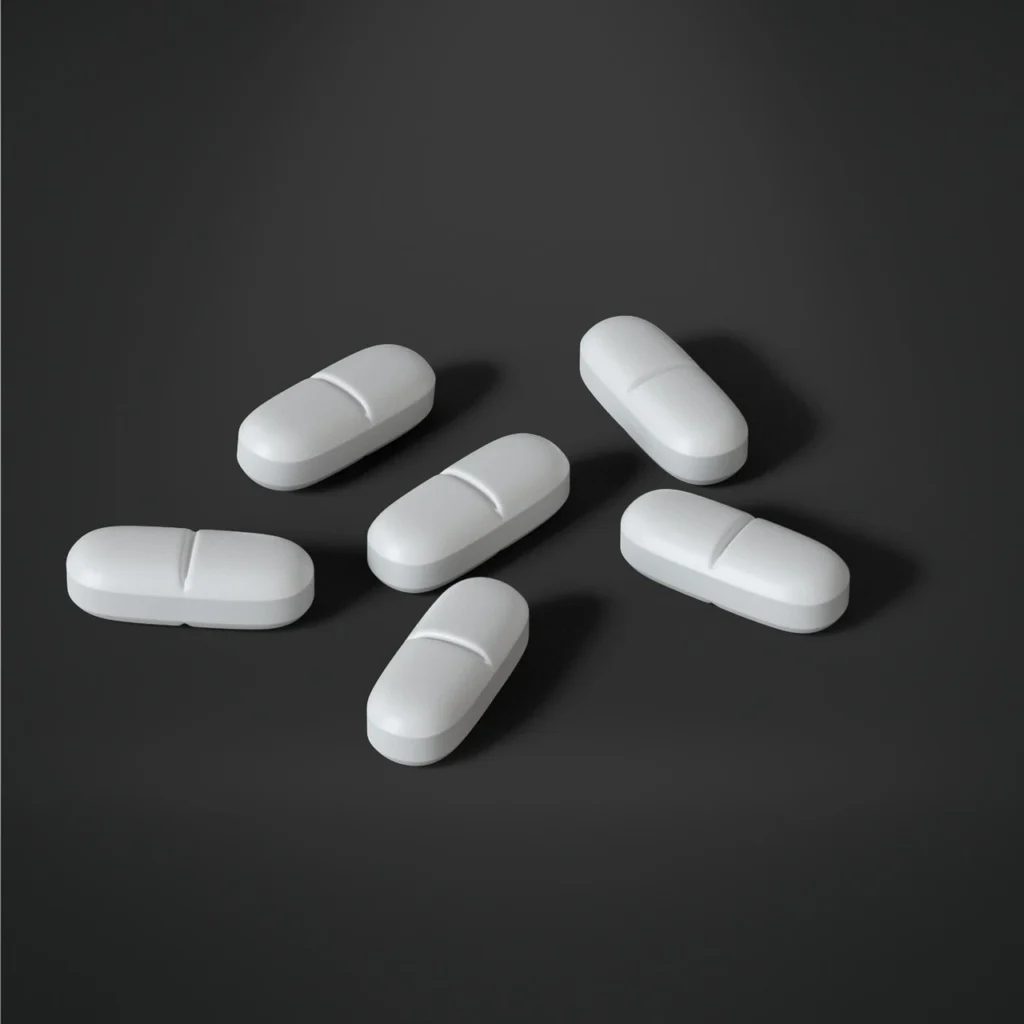ERECTILE DYSFUNCTION:
It is becoming very common in men nowadays and the problem is that men usually avoid talking about it due to which the problem gets aggravated.

STAGES OF ERECTION –
- LIBIDO – It is defined as sexual desire. To achieve sufficient erection a person should have sufficient libido.
- ERECTION – In this stage erection of the male sexual organ occurs and for this stage to be successful the erection has to be maintained.
- EJACULATION – This stage is completed only when there is proper ejaculation of semen.
- DETUMESCENCE– In this stage, the penis comes back to its normal flaccid state.
Any difficulty in one of the above-mentioned stages can lead to erectile dysfunction.
CAUSES OF ERECTILE DYSFUNCTION –
- VASCULAR DISEASES – Sometimes due to diseases of arteries like atherosclerosis due to high cholesterol the blood supply can be disturbed in the penile region.
- TRAUMA – Injury to the male reproductive organs can affect arteries and veins which can lead to an imbalance in blood supply and make it difficult to achieve erection.
- Aging – With the increase in age the arteries lose their tonicity and it reduces the blood to the penis. But it doesn’t affect all old men.
- Injury- Patients with lower spinal cord injury are more likely to suffer from erectile dysfunction. Also, direct trauma to the genitals can cause this.
- Hypogonadism- In this disease, the body of the patient produces less testosterone due to which the patient suffers from erectile dysfunction.
- Hyperprolactinemia- when the prolactin level increases in the body then it results in decreased production of gonadotropin-releasing hormone because of which there is decreased amount of libido in the patient and it leads to erectile dysfunction.
- Diabetes-In diabetic patients if the blood glucose level is not in control then it can lead to many microvascular as well as macrovascular problems that decrease blood supply to various organs including the reproductive organs due to which the patient cannot attend satisfactory erection.
- Medicine- Diuretics like thiazide, Antihypertensive like Calcium channel blockers and beta blockers, H2 antagonists like Ranitidine, and Cardiac medicine like digoxin.
- Psychological- It can be due to stress, work problems, relationship problems, anxiety, fear of getting pregnant, or fear of getting sexually transmitted diseases like HIV.
- Substance abuse – Prolonged use of alcohol, tobacco, and other types of substance abuse can lead to erectile dysfunction in some males.
INVESTIGATION OF ERECTILE DYSFUNCTION:
A) HISTORY TAKING- History taking is an important part of the investigation. The following points should be asked of the patients.
- Patients usually avoid talking about their problems with erection and that is why the doctor’s role becomes important to take proper medical history from the patients.
- It is important to take the history of the patient’s life to find any cause such as financial stress, mental trauma, or relationship stress.
- The sexual history is also important because it is important to clarify whether the patient is suffering from erectile dysfunction or premature ejaculation.
- Any history of spinal injury, pelvic injury or surgery is important to ask from the patient.
- If the patient gives a history of nocturnal or early morning erection, then it is a sign that the patient’s circulatory or neurological system is working normally.
- Patients suffering from urinary problems should be evaluated for infections and prostate problems as these can lead to an inability to erect.
B) BLOOD INVESTIGATION- It includes complete blood count, Blood glucose levels, Liver function test, kidney function test, Thyroid function test, Lipid profile, serum prolactin level in hypogonadal patients, serum testosterone level, serum Vitamin B, and serum calcium with vitamin D level are some of the blood investigation done in these types of patients.
C) Imaging studies- If blood investigations are not conclusive then imaging studies like penile Doppler ultrasound, and penile angiography are advanced-level tests done to find out the causes.
D) Neurological and psychological evaluation is also done for the patients.
TREATMENT OF ERECTILE DYSFUNCTION-

- Information sharing- It is important for the doctor to inform the patient about the cause of erectile dysfunction after the proper analysis of the history, and blood investigation.
- Lifestyle modifications- The patient should be encouraged to lose weight, and quit smoking, alcohol, or any other substance abuse.
- Work-life balance – It is important for the patient to maintain a healthy work-life balance and minimize stress as much as possible as stress can cause this disease which we discussed above.
- Medicines – Sildenafil, Tadalafil, vardenafil, and Avanafil are some of the medicines prescribed by the doctor in the treatment of this disease. It is important to take these medicines as prescribed by the doctor to avoid any side effects.
- Androgen therapy- Patients with hypogonadism should be treated with testosterone replacement therapy. These are available in the form of transdermal patches, gel, and oral preparations. These medications should be used with a doctor’s prescription only.
- SERM – This is a selective estrogen receptor modulator such as clomiphene citrate which is used in patients suffering from secondary hypogonadism. These are used instead of testosterone replacement therapy.
- Intracavernosal self-injection- Alprostadil injection are used for the patients.
- Intraurethral alprostadil- These are used in the form of semisolid pellets in ED patients.
- Surgery – penile prostheses which can be semi-rigid or inflatable type are implanted in the penis.
- Any patient with this disease should always be sent for psychological evaluation as this improves the chances of success of therapy.
SUMMARY-
Erectile dysfunction is becoming very common because of obesity, stress, smoking, alcohol, diseases like diabetes, hyperlipidemia, hypertension, and prostate problems. The doctor should do a detailed history evaluation after depending on history a detailed blood investigation is done and then he should plan the treatment accordingly. Lifestyle modification is a must during the treatment of these patients.
Always consult a doctor when you feel the symptoms of this disease because an early diagnosis of the cause of this disease can help to minimize the damage and restore normal sexual function with minimum medication.
Never start any medicine without a doctor’s permission as these medicines can produce side effects like severe headache, facial flush, dyspepsia, and visual altercations.
STAY SAFE AND HEALTHY.
COMMENTS ARE WELCOME FOR DISCUSSION.






